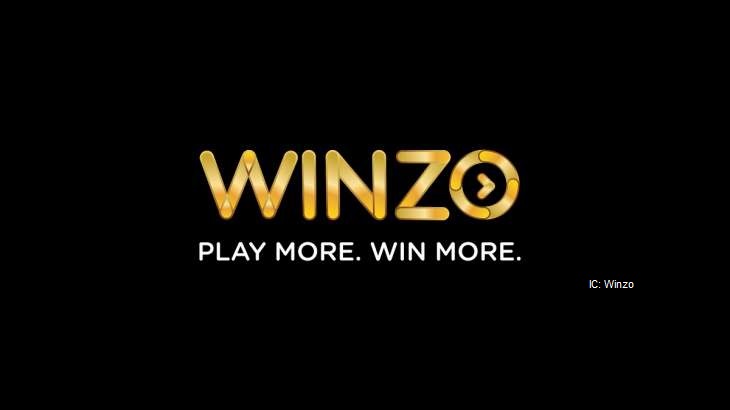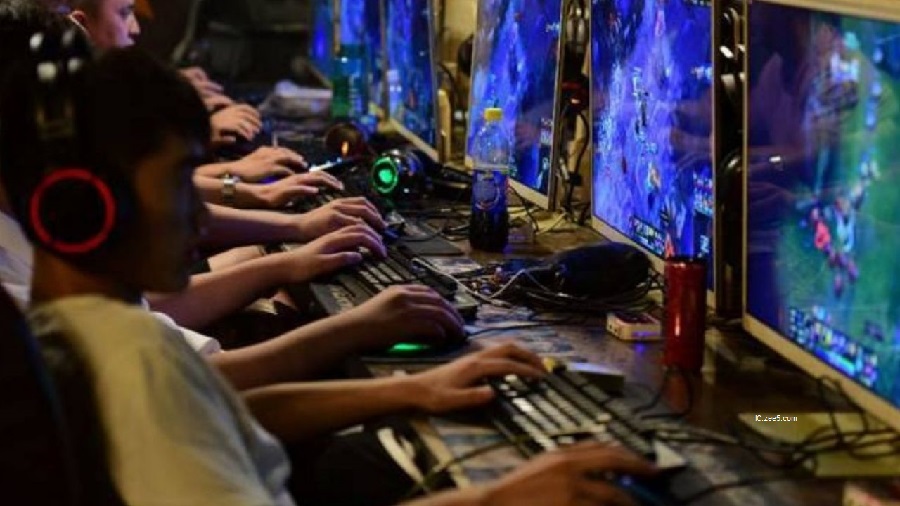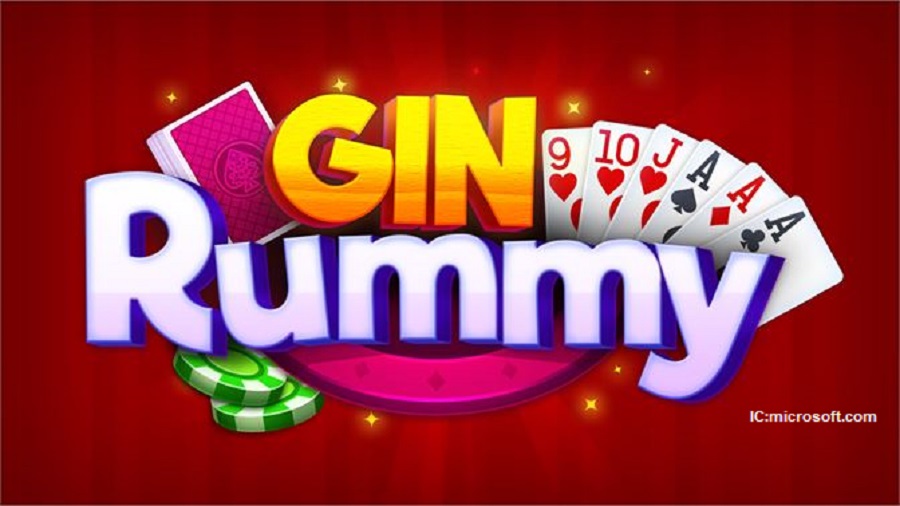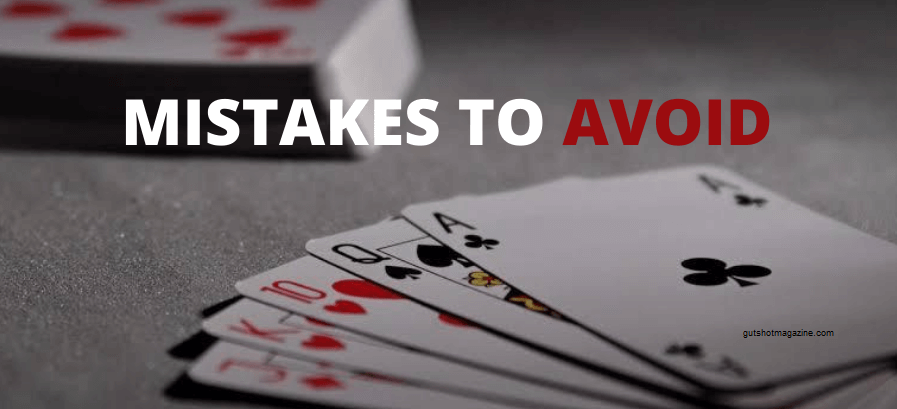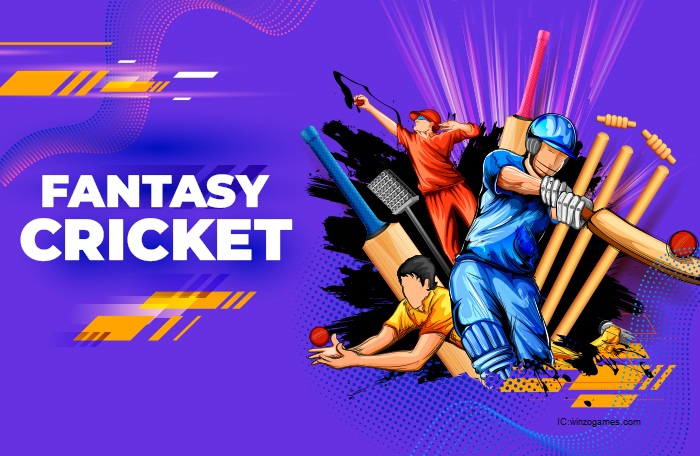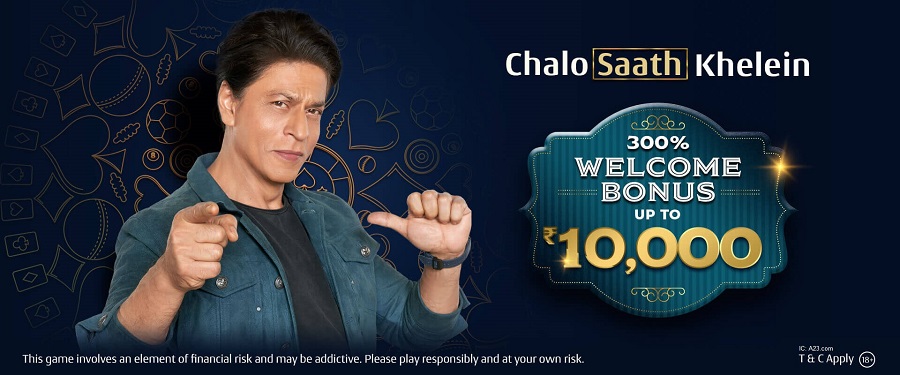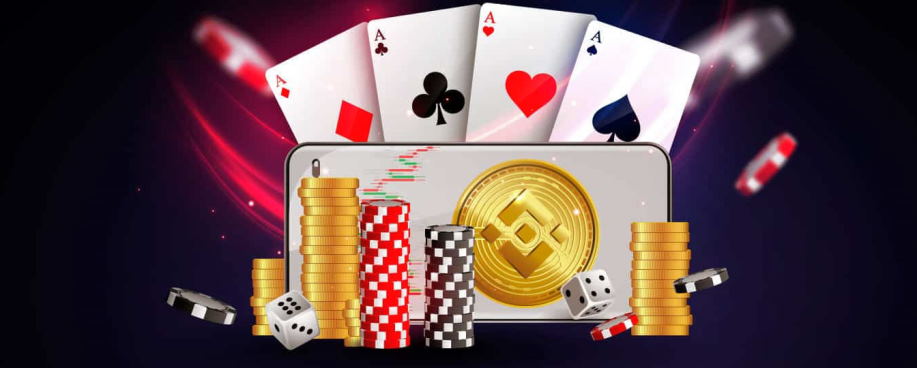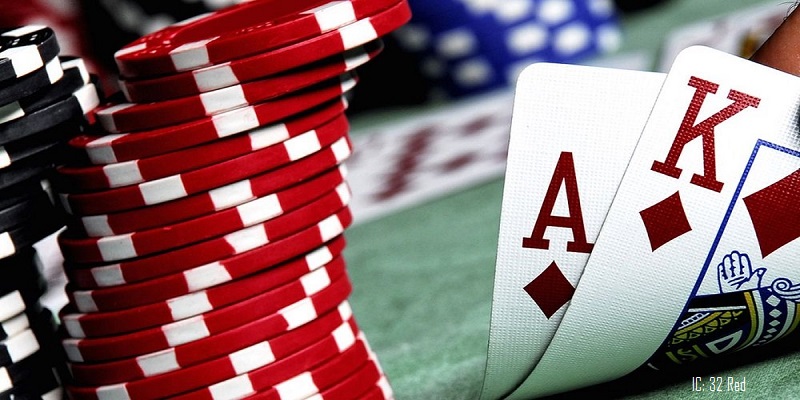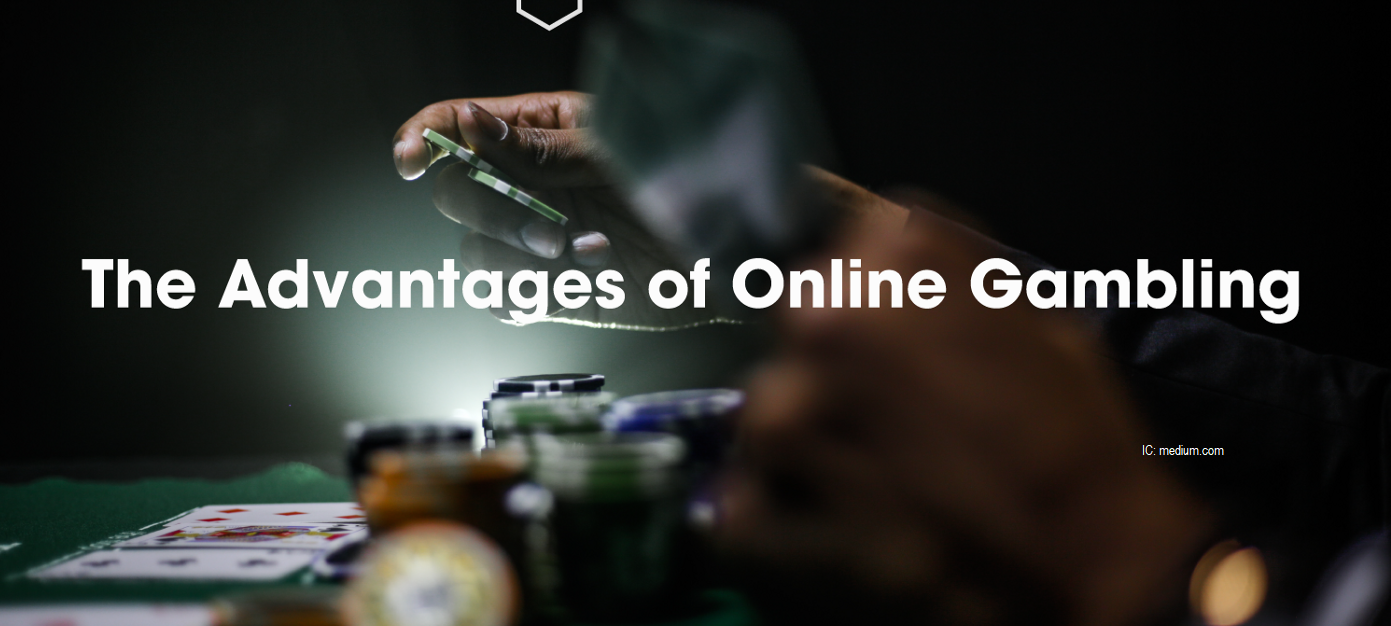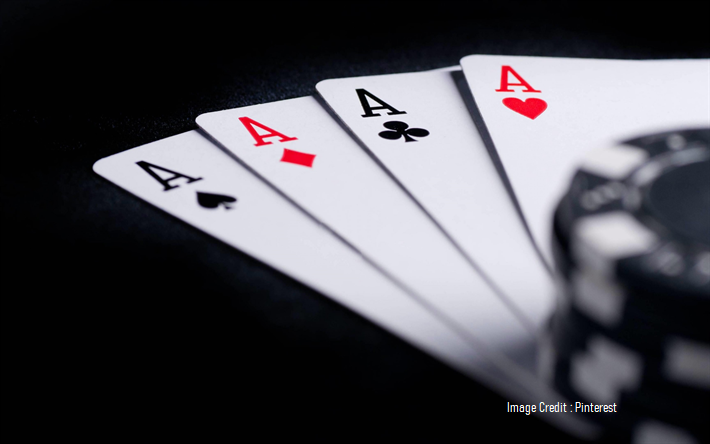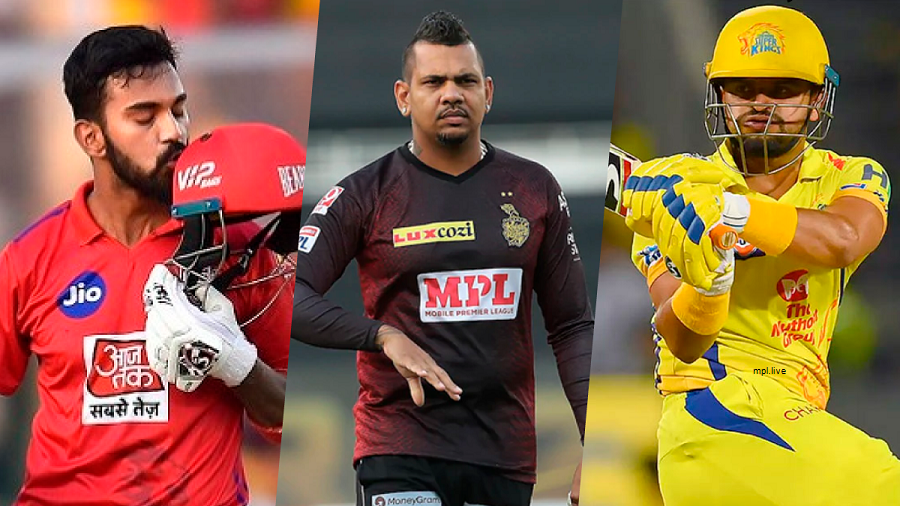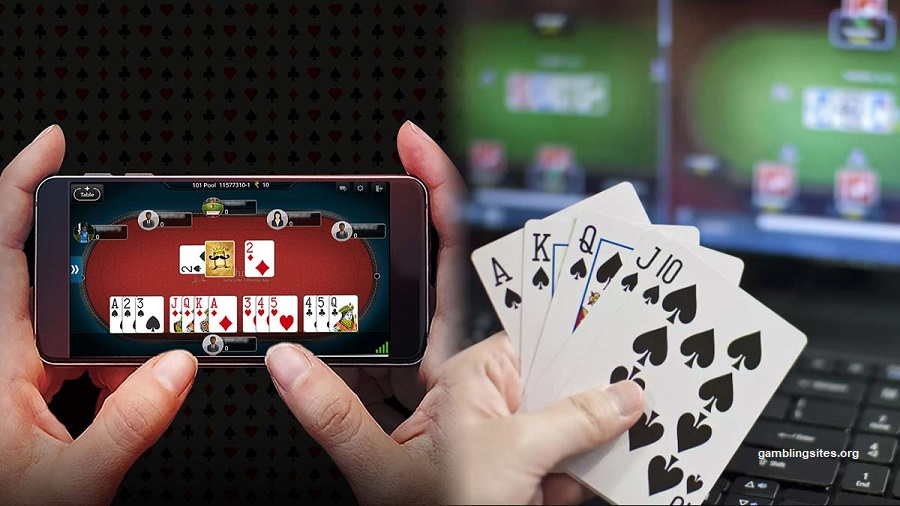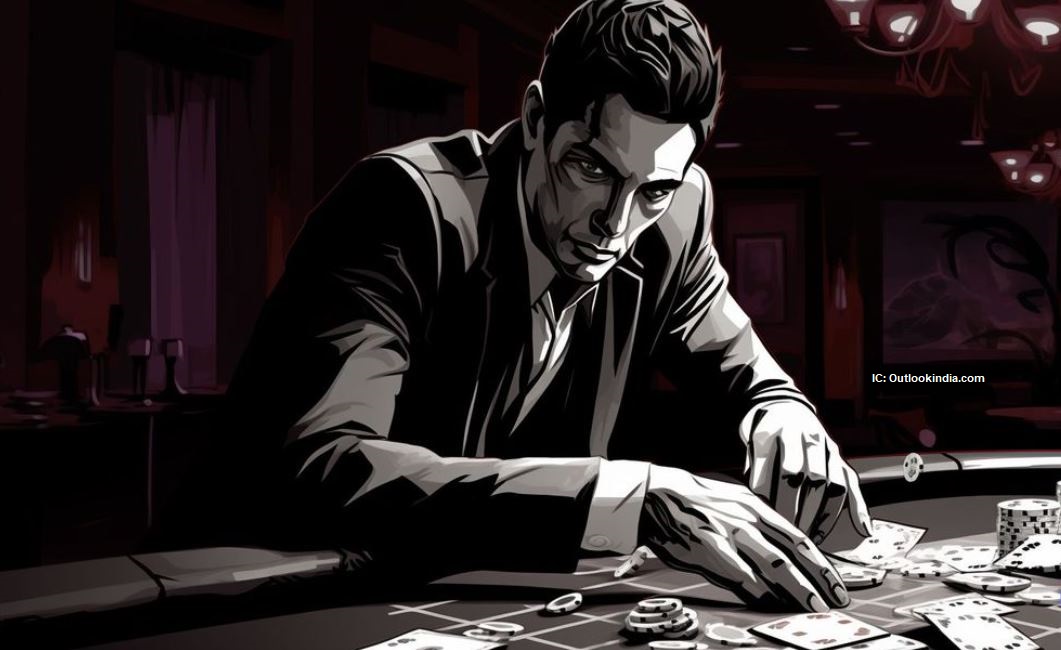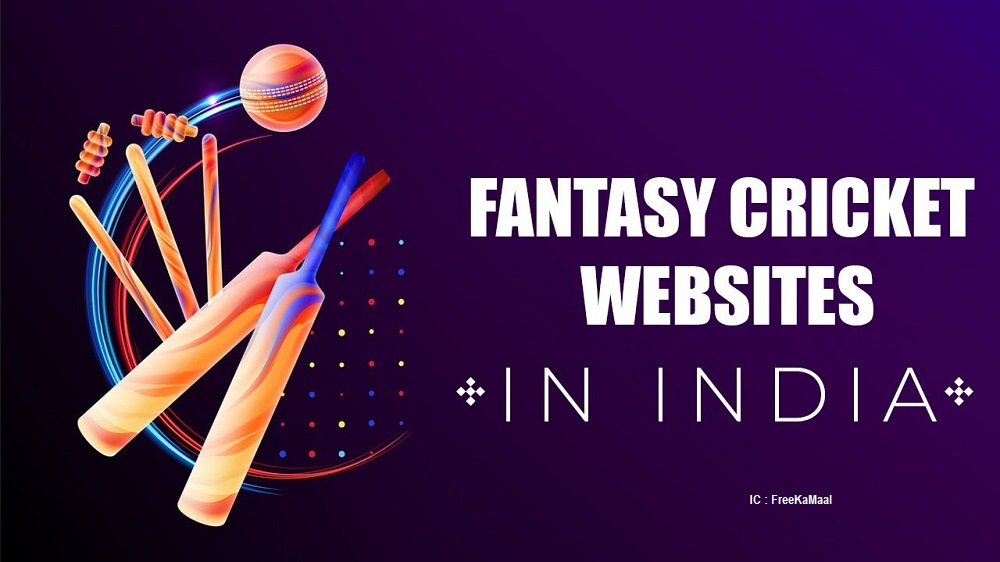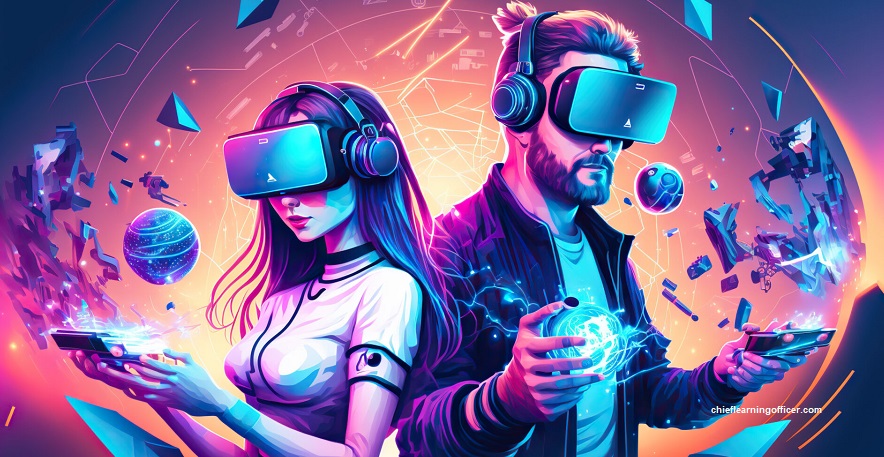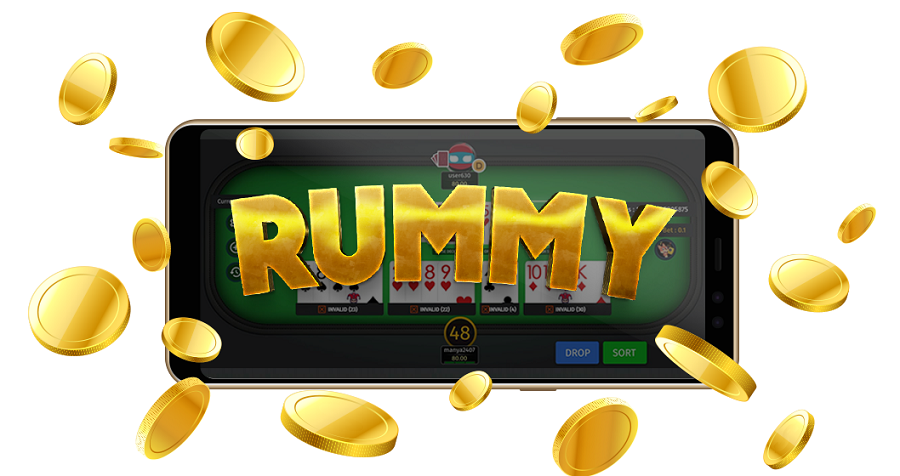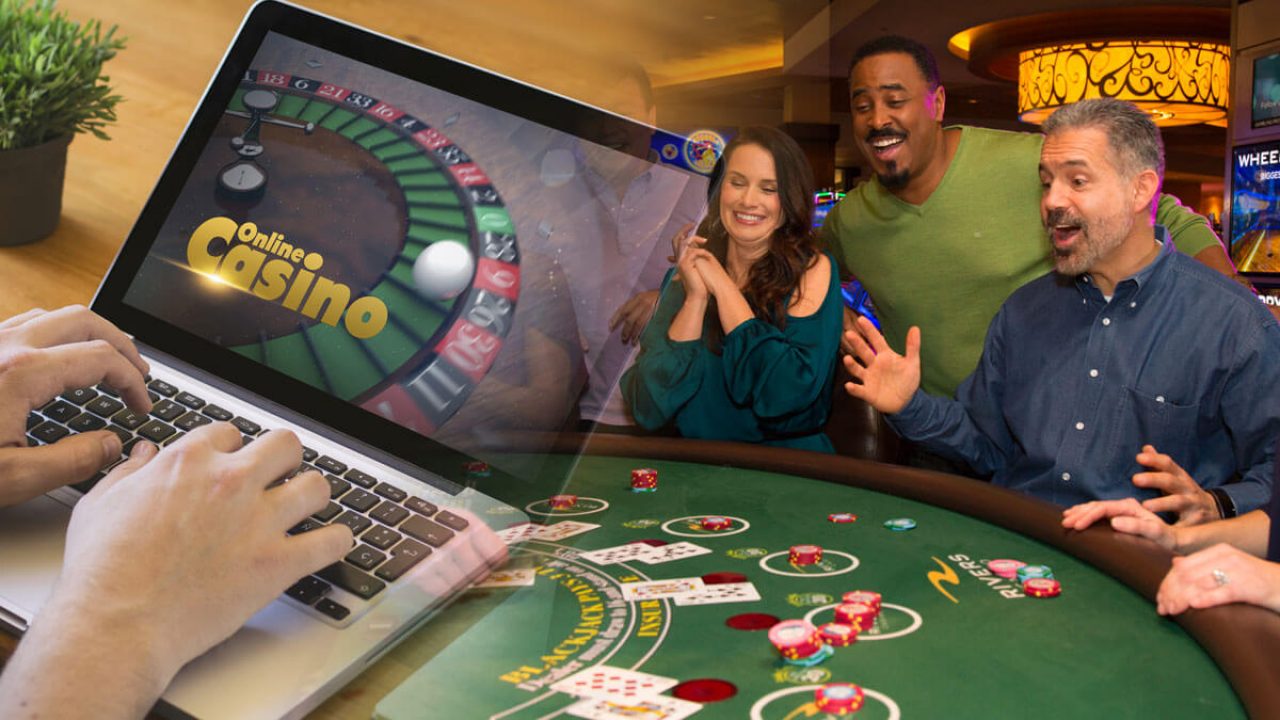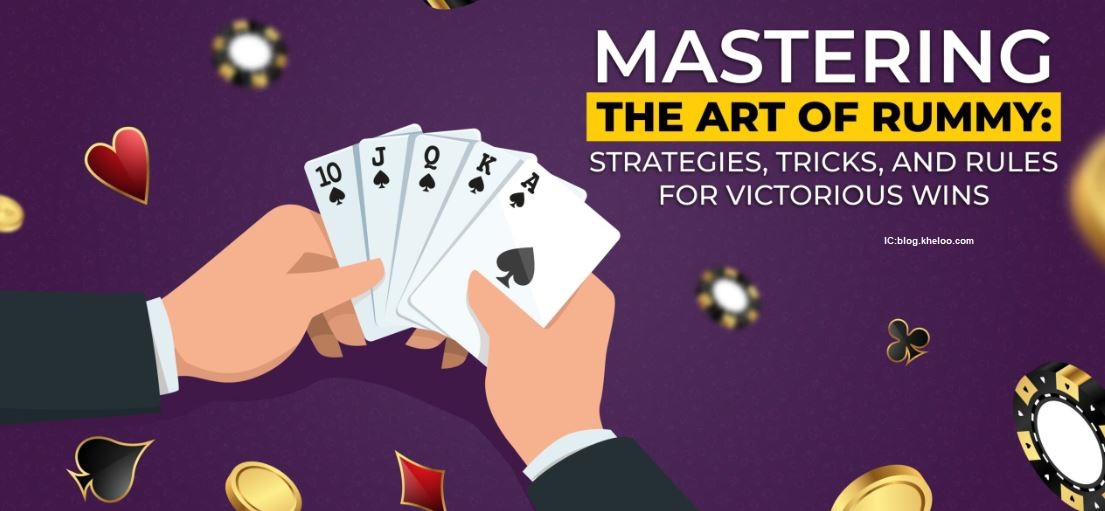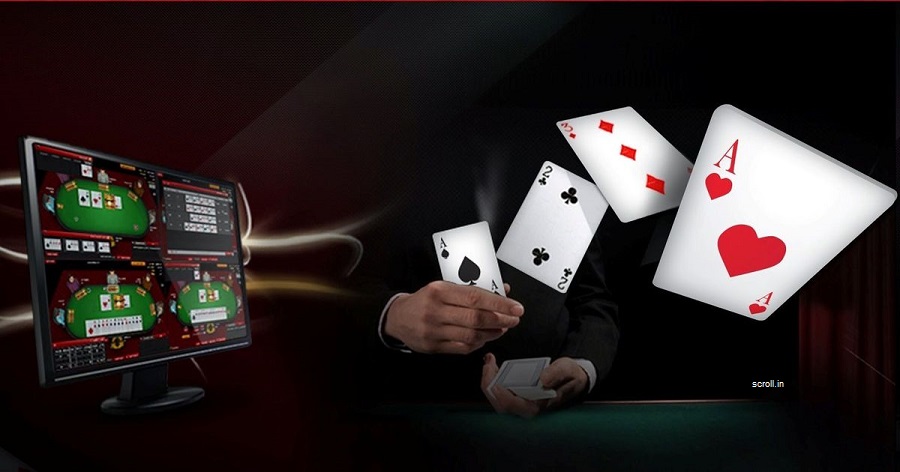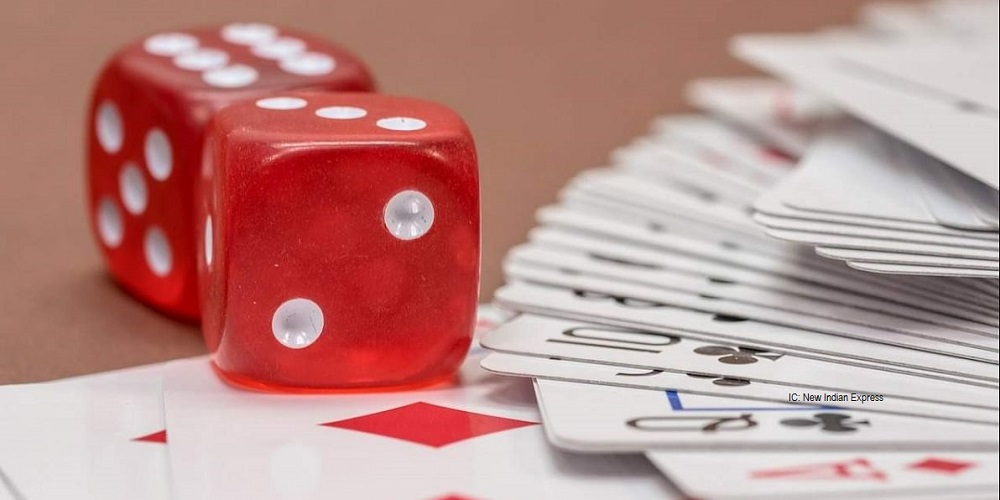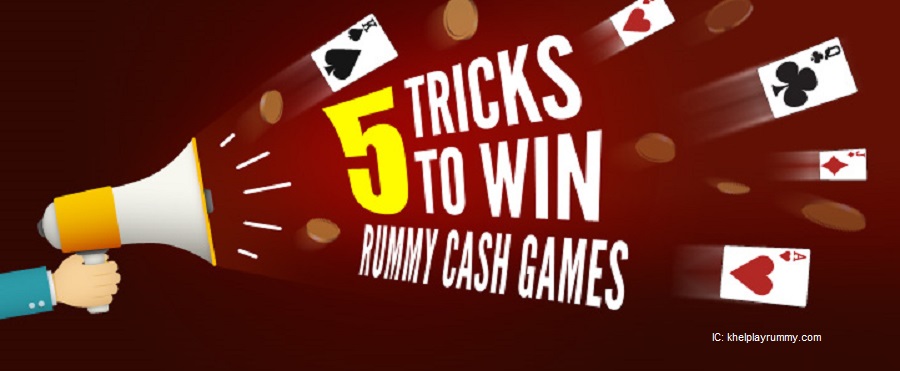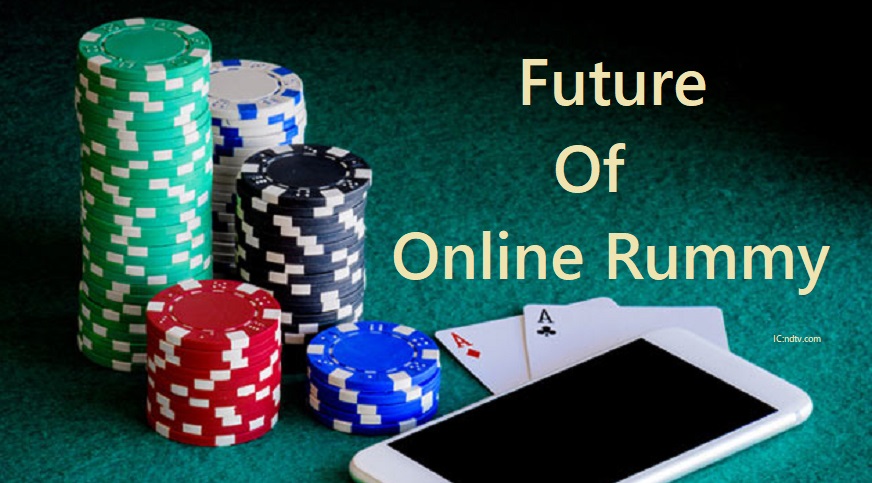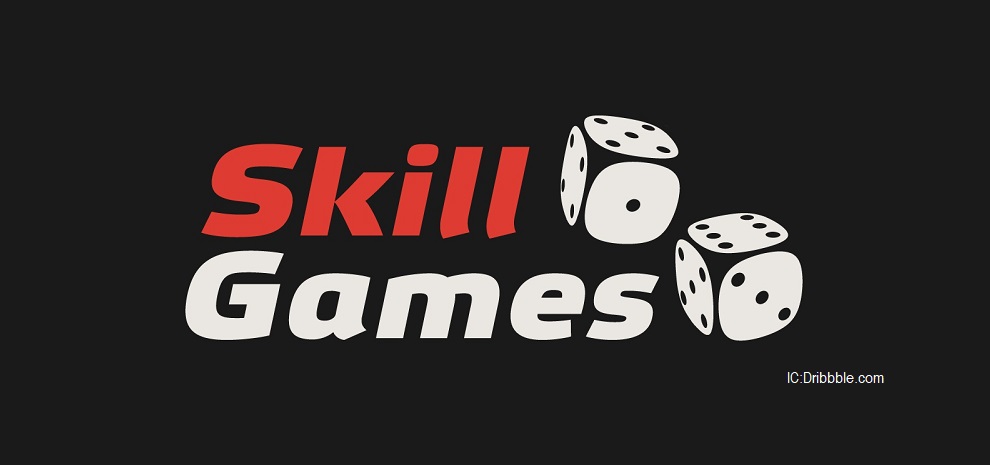The combination of sports and cryptocurrencies is making
waves with blockchain-based online games offering fan rewards in the form of
cryptocurrencies.
The blockchain game serves up the crypto winter, with nearly
one million unique active wallets being played worldwide in July, according to
a recent report by DappRadar, a global app store for decentralized
applications.
The global metaverse gaming market is likely to reach $28
billion by 2028, from $510 million this year, growing at a compound annual
growth rate of 95%, according to a report by Valuates.
Indian non-functional token (NFT) or digital asset companies
also offer their gaming communities opportunities to earn real money for
participation, and crypto investors also rely on NFTs to hold their ground in
bear markets.
Online gaming and blockchain – a shared database or ledger –
make a powerful combination. Games like Cryptokitties, Axie Infinity,
Decentraland and The Last Will have made strides with players recently.
Transparency
Blockchain games rely on blockchain technology to ensure
that everyone has a copy of what they are playing, not a single entity. These
games use the same technology as cryptocurrencies, including Bitcoin and
Ethereum, to generate real estate.
Some of these games are built on the metaverse, a virtual
reality space where users can interact with each other, while others are paid
games encrypted with blockchain technology for transparency.
Such games not only attract Web3 users, as the new iteration
of the Internet is known, but also interest Web2 users. Blockchain games attract
users between the ages of 15 and 60, experts say. "Web2 players invest
their time and money into games without unlocking any meaningful real-world
value," said Suvesh Malhotra, Chief Technology Officer (CTO) of Hike,
which operates Rush Gaming Universe. , a community of crypto gamers and
enthusiasts.
"Blockchain, meanwhile, acts as a digital notary. It
finally allows players to visit things online. This is very powerful because
once you have things, you can start unlocking value from them. And a decentralized
digital notary solves the problem of being a central actor," he added.
Mainstream adoption
Sunny Bhanot, co-founder and CTO of cricket NFT platform
Rario, says that blockchain gaming is becoming more viable for mainstream use
cases and this trend should grow in the future, not only because of the
entertainment factor, but also because of the transparency of this
collaboration offering.
"One of the main drivers of attracting players to a
gaming platform is the fairness of the platform. Biased platforms rarely
attract serious users, especially in real money games (RMG). Blockchain makes
every transaction on the platform visible to the whole world." to see and
share and build trust among users about the fairness of the platform,” Bhanot
said.
Amanjot Malhotra, head of cryptocurrency platform Bitay,
said that placing the leaderboards and reward systems on the blockchain makes
everything transparent. "Imagine that if the game's database is hacked,
all the information containing the users' progress will be lost and the user
will have to start over. This problem can be solved by making the data in the
block you want to insert, the scenario almost impossible," he said.
Challenges
Sure, it has its own challenges. The key for them is
understanding technology (private key, wallet), security (more hacks later),
compliance (legality, tax) and scale (speed, transaction costs), says Bhanot.
Rohan Rajguru, co-founder of celebrity platform Hey! Hey!,
says that once the challenges are overcome, blockchain gaming will be the next
big thing. More and more global and Indian sports stars are starting to
interact with the cryptocurrency world in one way or another. While cricketers
like Rishab Pant, Smriti Mandhana and Zaheer Khan, among others, have tied up
with NFT platforms, others have gone ahead and launched their own NFTs.
In fact, India's first sports NFT was launched by cricketer
Dinesh Karthik last year.
Some platforms help users win NFTs from their favorite
athlete, encouraging engagement through an emotional angle.
Kameshwaran Elangovan, co-founder and chief operating
officer of NFT marketplace GuardianLink, said: "Given the emotion
associated with NFT games and the exposure to technology, it won't take long
for collaboration to become mainstream."
"Just like it's weird to say your car has air
conditioning now, it'll soon be weird to say games are NFTs... because that's
the de facto standard," he added.
Player control
Suresh Joshi, co-founder of blockchain gaming platform
Battle Infinity, believes blockchain has the potential to put the player in
control and allow creators and players to monetize their efforts.
But more than that, Joshi added that blockchain unlocks
value behind the walled gardens of individual game franchises and enables the
exchange of game assets on an interoperable basis.
"Not only can the value of game assets be realized
through in-game trading, but different games can be connected using NFT
technology – you can transfer your avatar from one game to another," he
said.
Arijit Mukherjee, founder of NFT brand Yunometa, says the
crypto industry adds a lot of value to tournaments, franchises and sports
players around the world because it caters to the same demographic as Gen Z and
millennials are drawn to these games.
“On the other hand, NFTs are sure to get excited when
globally recognized players present their collection to fans. Imagine the madness
of owning Sachin Tendulkar's bat and owning the NFT of his Sharjah Desert Storm
innings as a digital avatar of your favorite sports team when it launches. The
sheer hype and word of mouth will help accelerate the growth of NFTs in India
and globally,” he added.

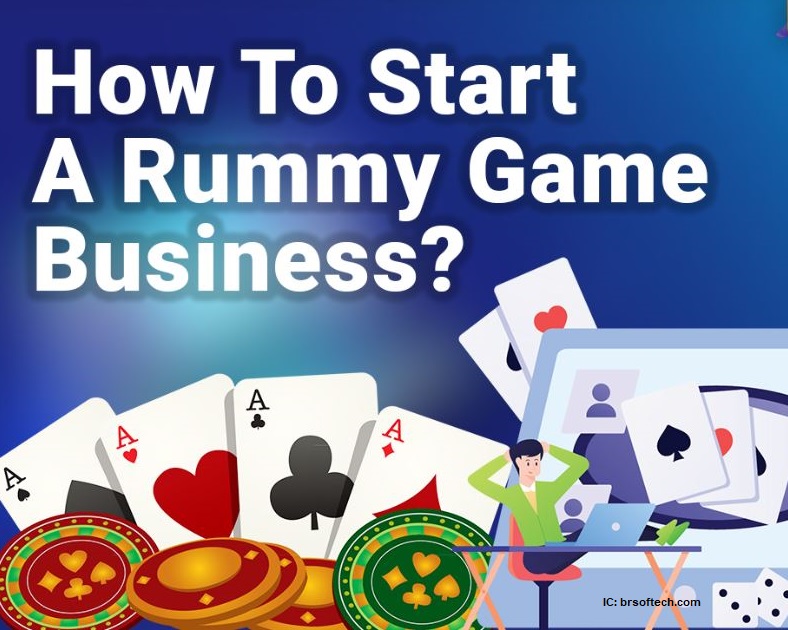
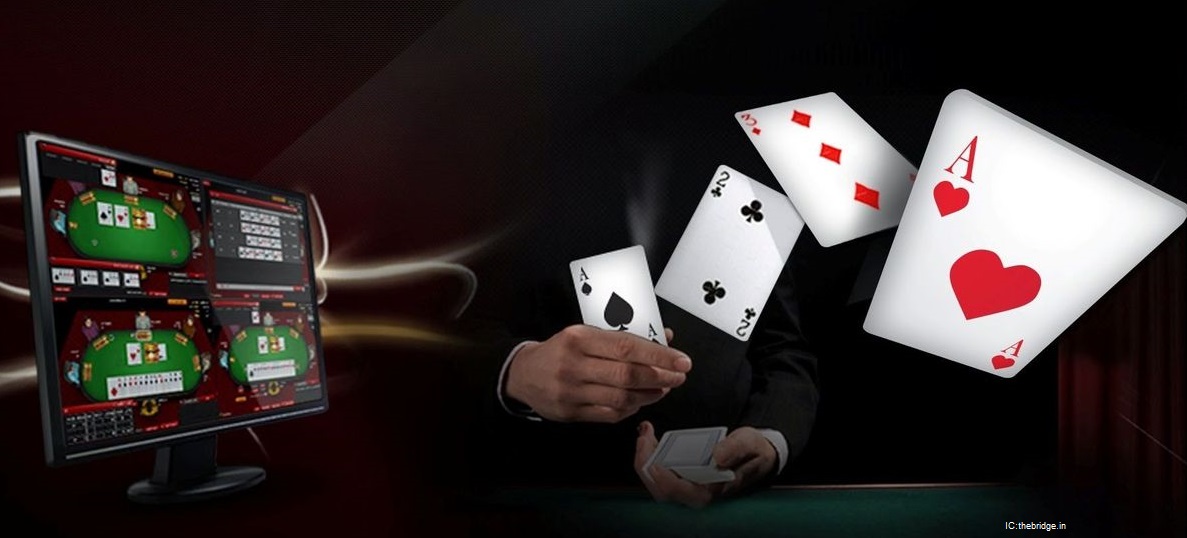
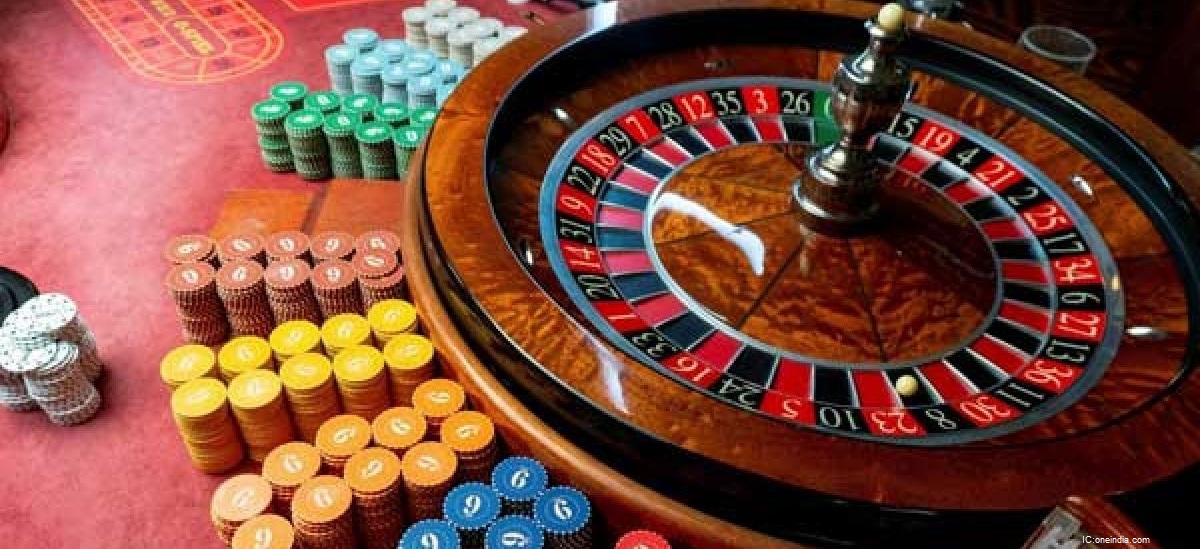
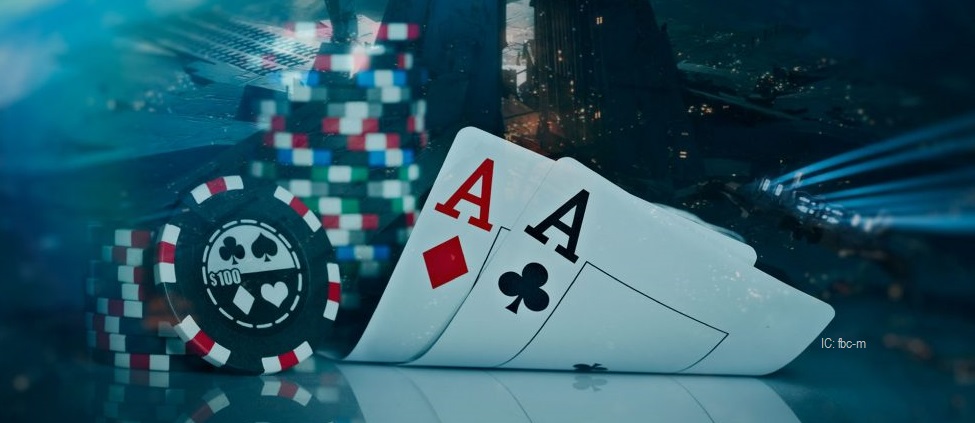
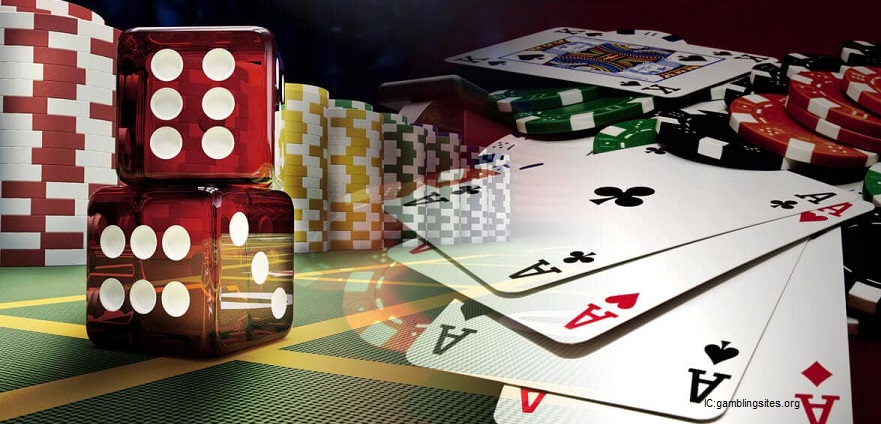
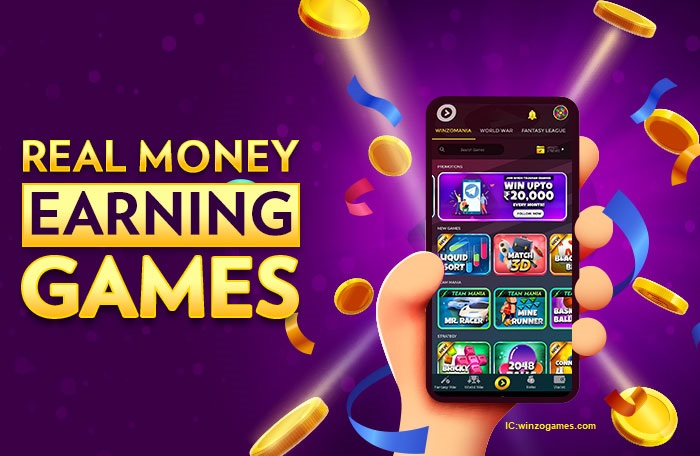

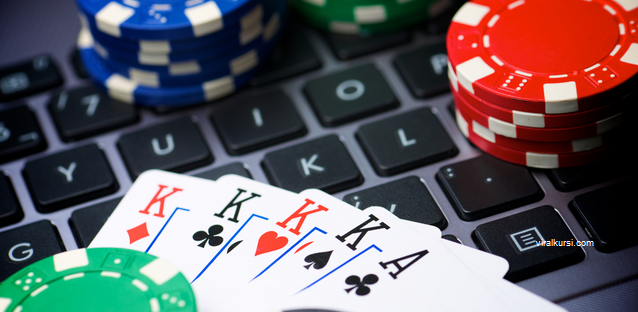
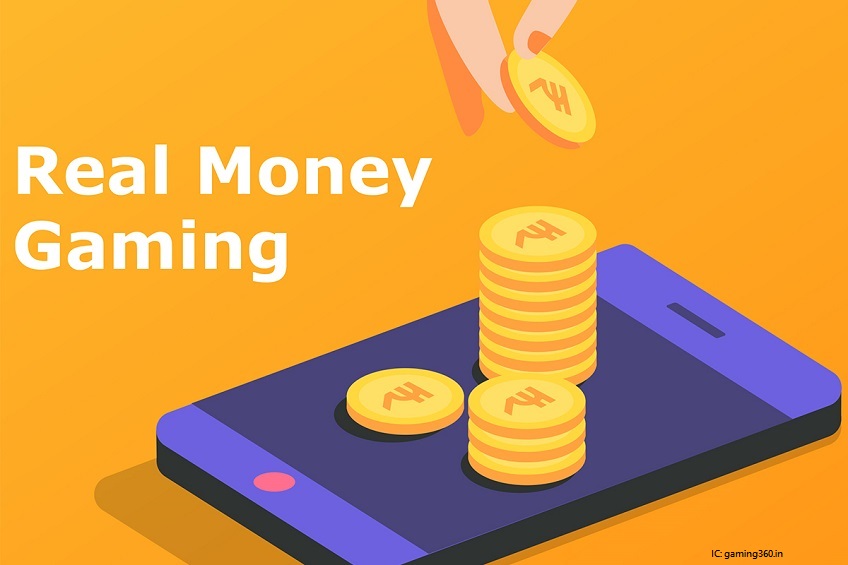

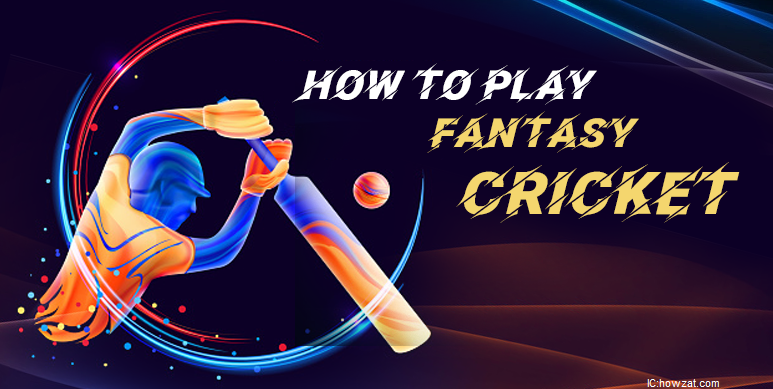
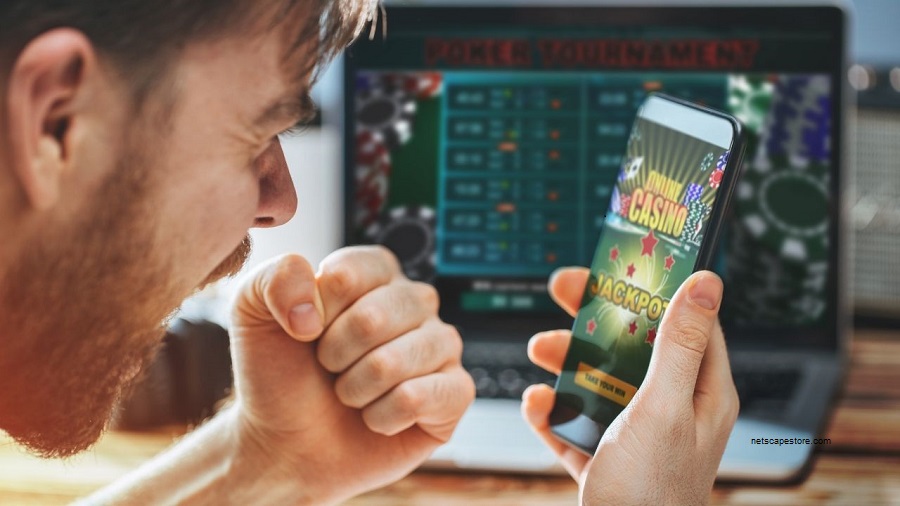
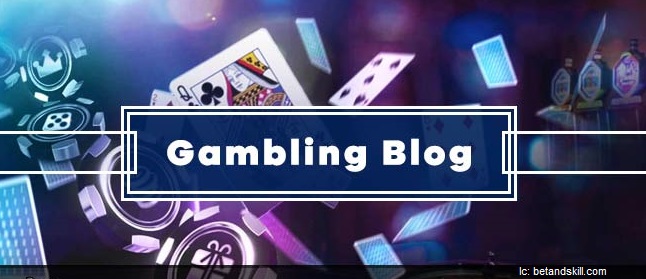
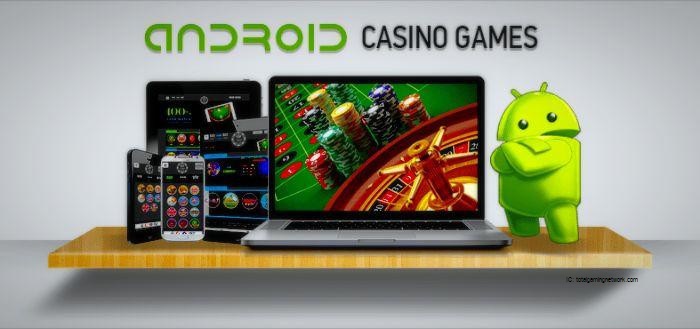
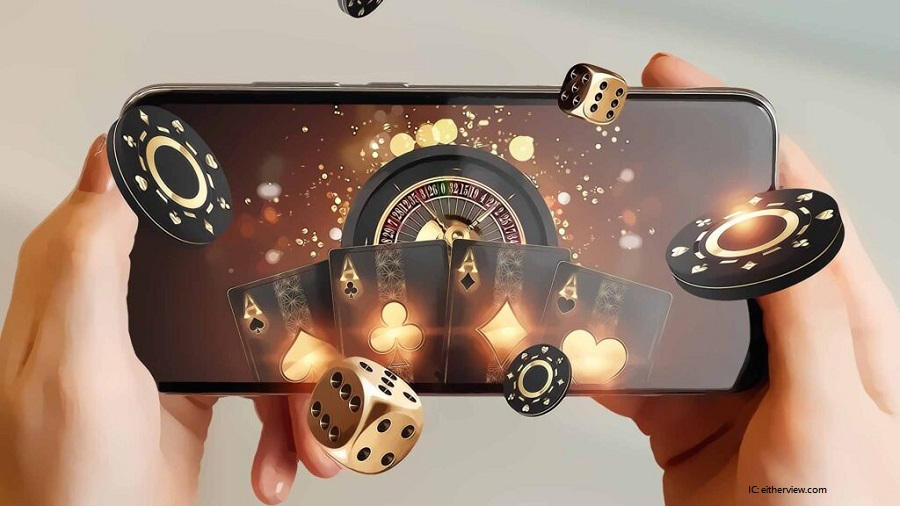
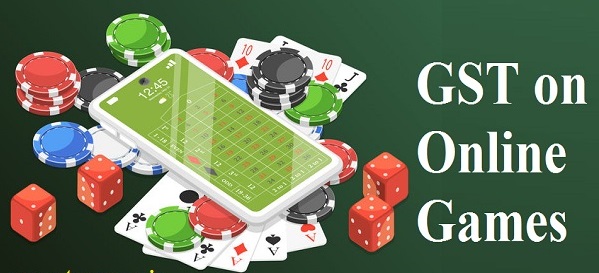
.jpg)
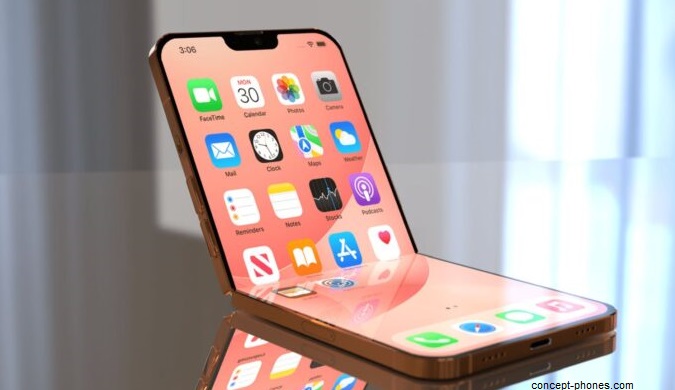

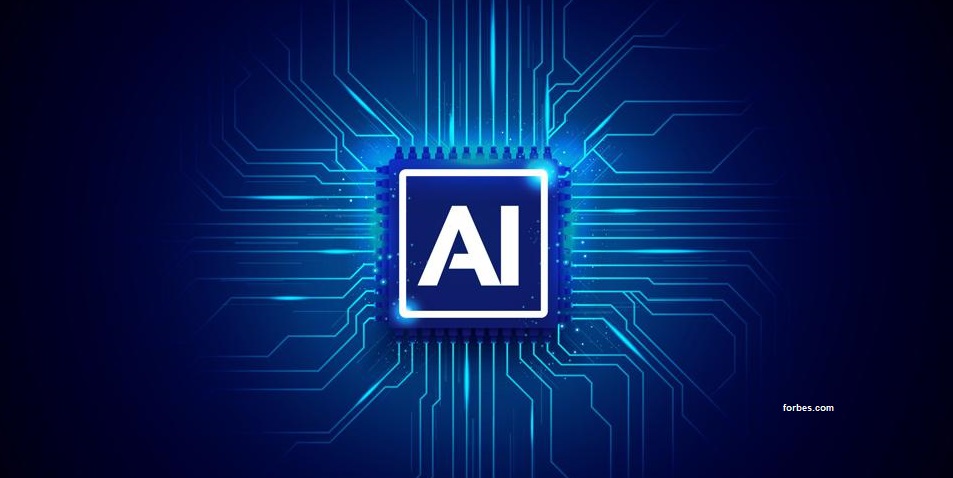
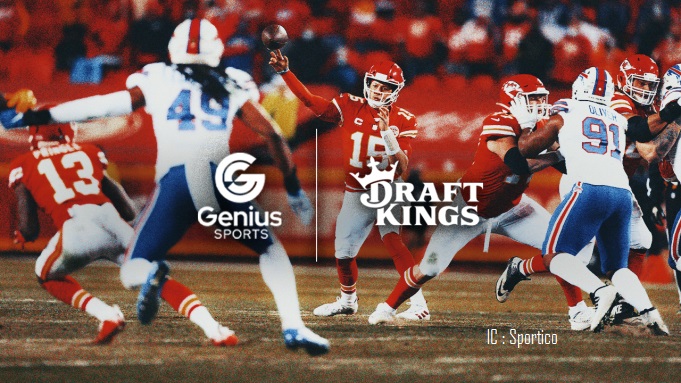
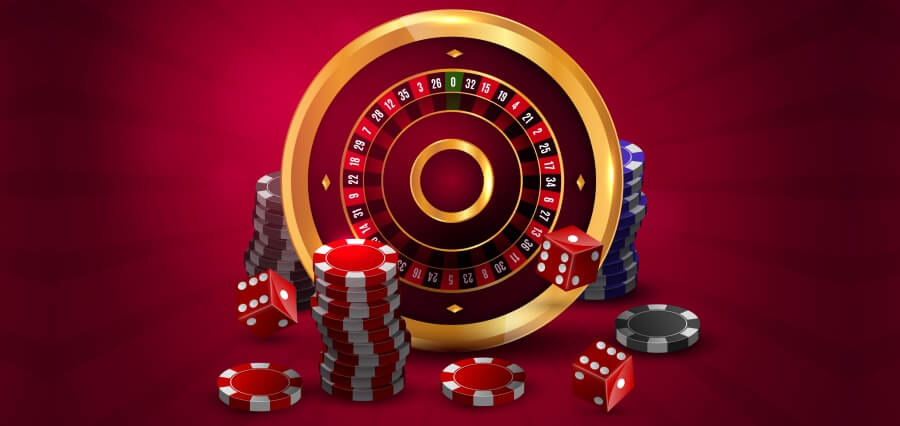
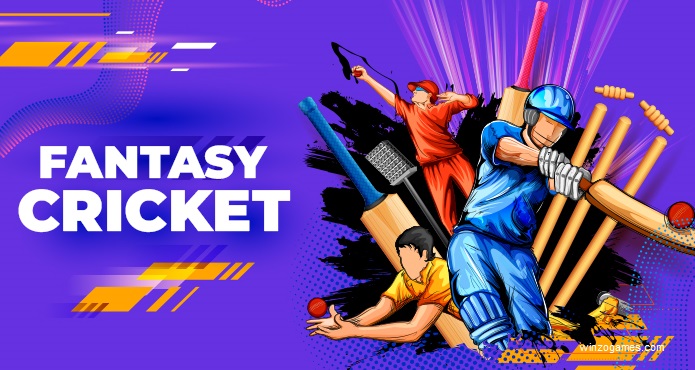

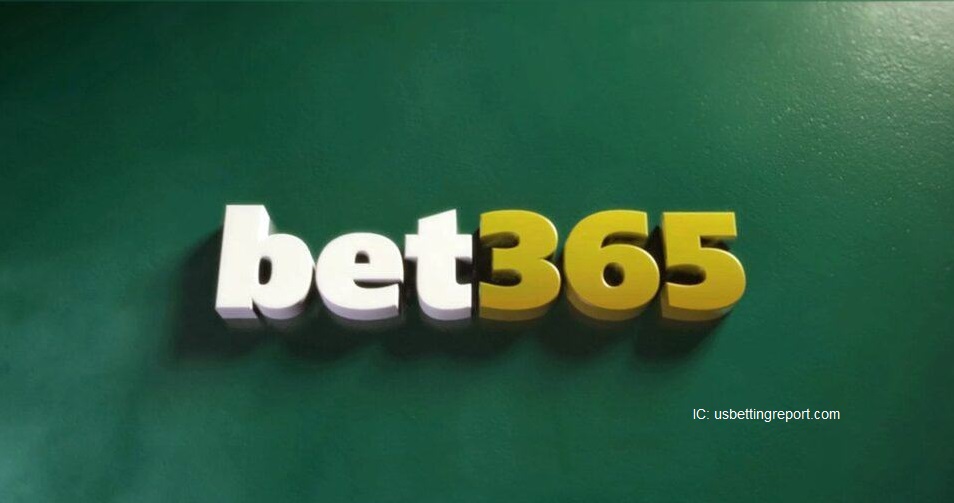

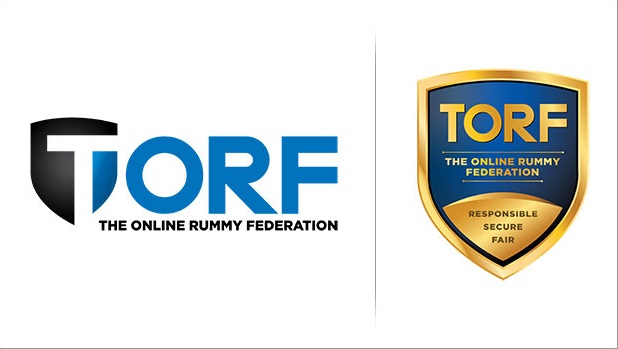


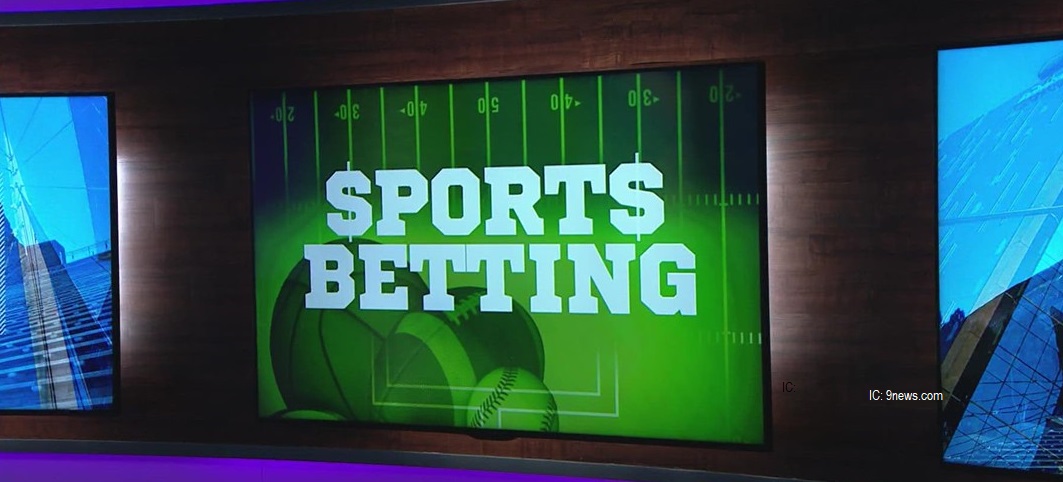

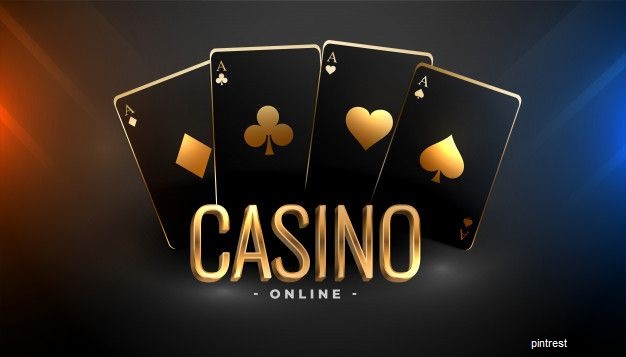
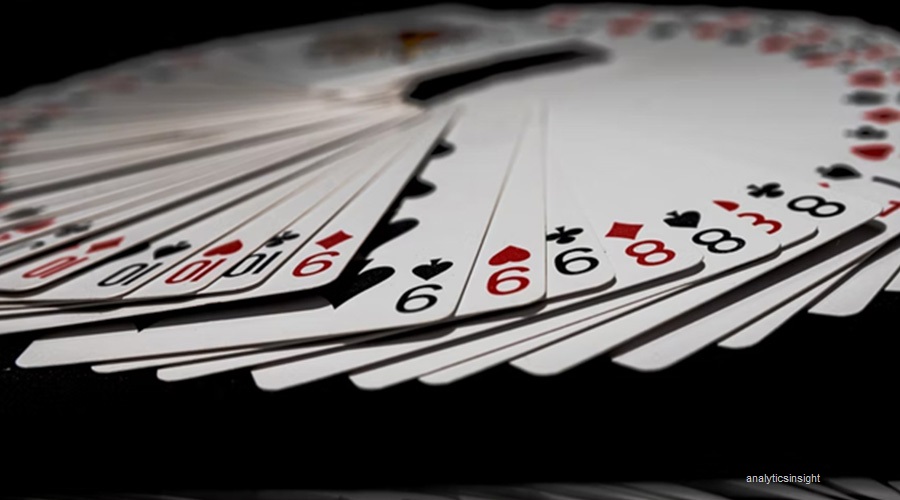
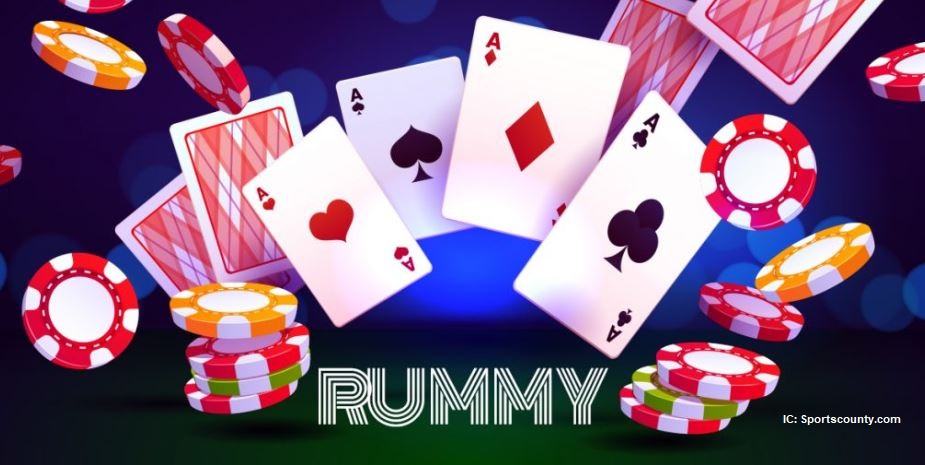




.jpg)
